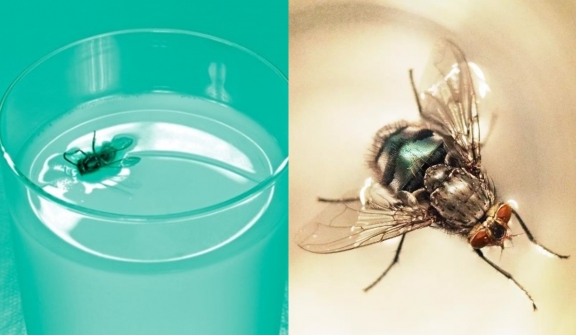
When you're enjoying a nice, cool drink on a sunny day, a pesky fly suddenly lands in it.
What now? Can you still drink it without any worries? Let's find out the truth behind whether it's safe to consume a drink with a fly in it.
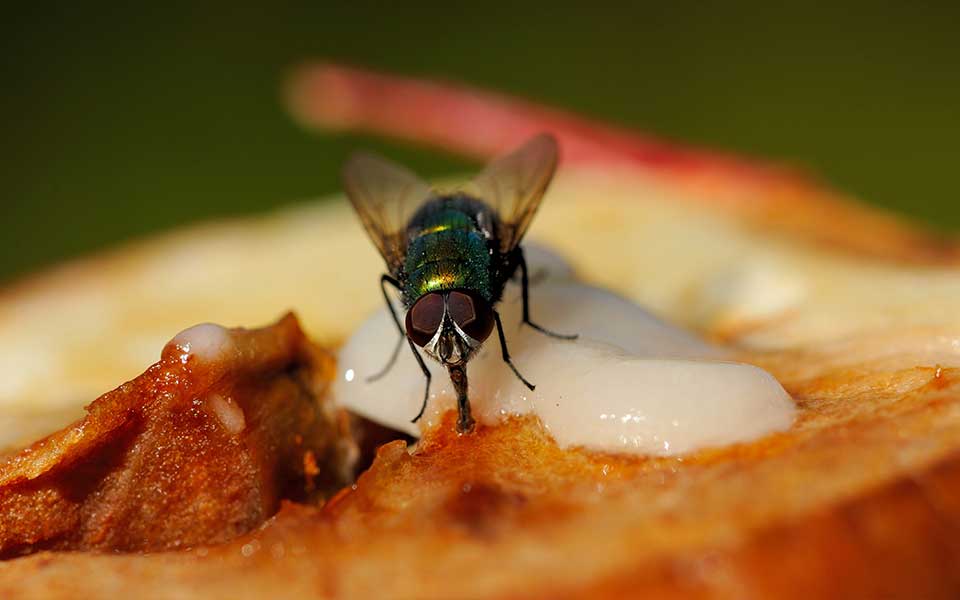
According to a report, a scientist named Primrose Freestone, who specializes in clinical microbiology, clarifies the matter.
Fruit flies, like the pesky culprits that invade our drinks, tend to feast on decaying food.
They can be found in various dirty places like rubbish bins, compost heaps, and drains. These habitats are rich in germs, and it's not uncommon for flies to pick up these bacteria on their bodies and transfer them wherever they land.
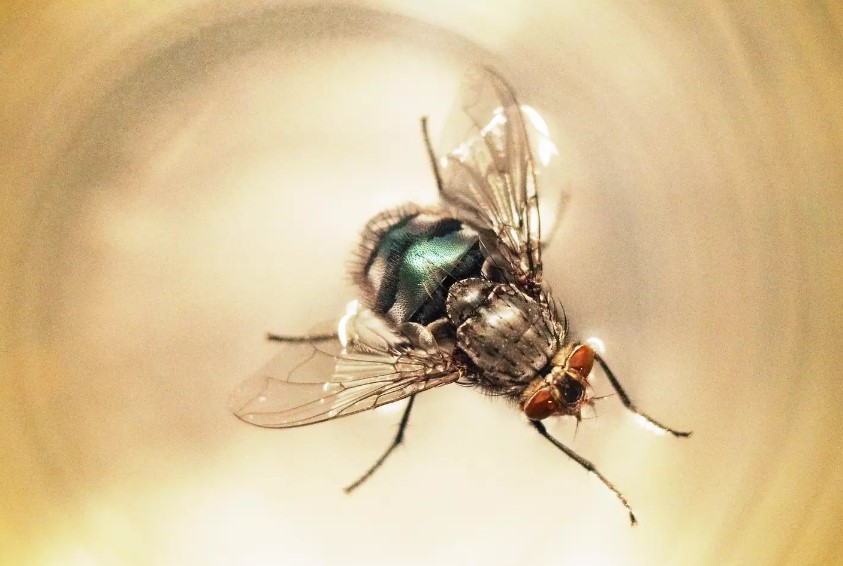
Some of the bacteria that flies may carry include E. coli, Listeria, Shigella, and Salmonella. These microorganisms can potentially pose health risks if ingested.
For instance, if you're sipping on a glass of wine, you might be in luck.
Wine typically contains alcohol and organic acids, such as malic acid, which can inhibit the growth of certain bacteria like E. coli and Salmonella.
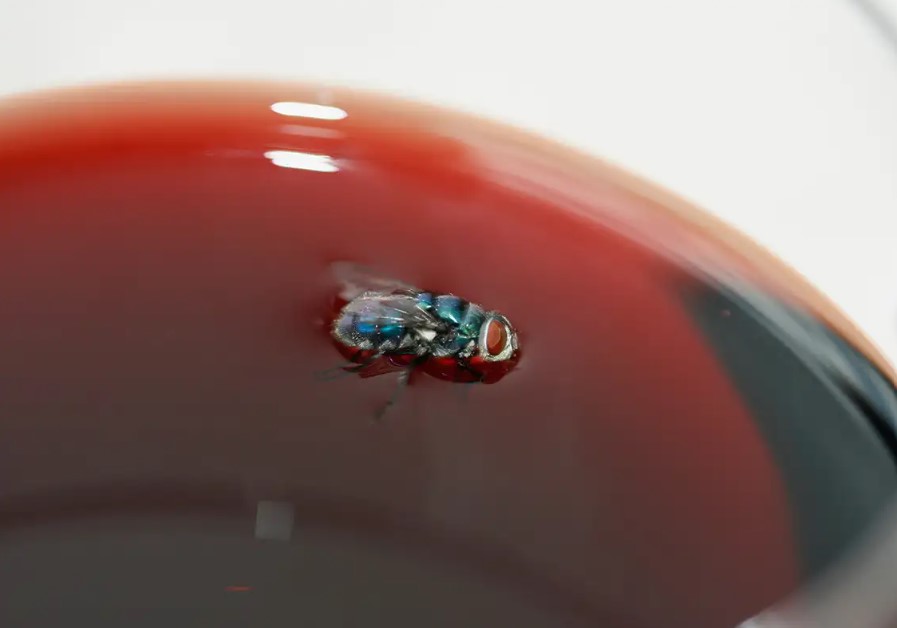
Moreover, wine has a low pH level, ranging from four to five, making it acidic.
Laboratory studies have demonstrated that the combination of alcohol and organic acids in wine can have antibacterial properties.
Freestone suggests that the germs introduced by a fruit fly into wine are likely to become damaged, reducing the risk of infection.

Additionally, suppose any surviving bacteria make it past the wine's defenses.
In that case, they still have to contend with the highly acidic environment of the stomach, which can effectively eliminate many food poisoning germs.
Considering these factors, it seems that consuming a beverage with a fly in it is generally safe, as long as you remove the fly first.
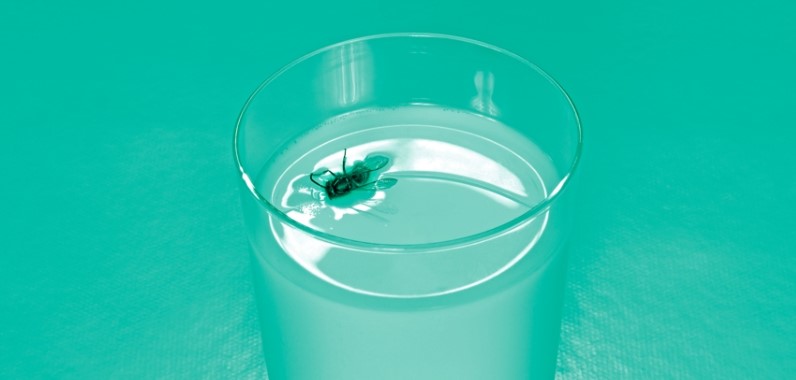
If you're feeling adventurous or protein-hungry, you might even consider swallowing the fly, though that's entirely optional.
However, individual preferences and tolerance for germs may vary.
If you have a particularly strong aversion to bacteria or are concerned about potential health risks, it might be wise to pour out the contaminated drink and prepare a fresh one.




